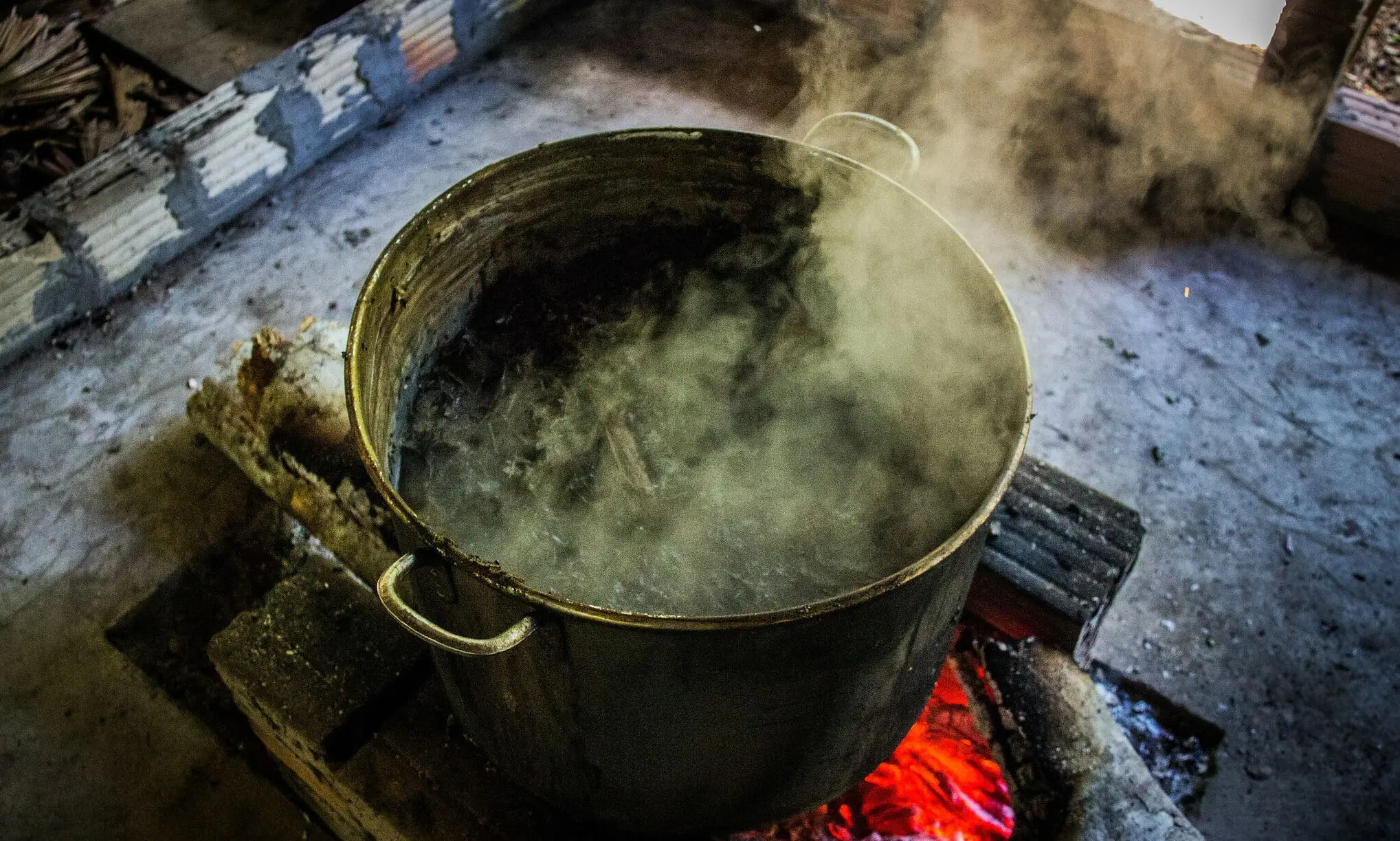Politics
Federal Judge Calls Out DEA Over Delay On Psychedelic Church’s Petition To Use Ayahuasca In Religious Ceremonies

A lawyer for the Drug Enforcement Administration (DEA) faced a grilling by a federal appeals court over delays in a request for a religious group to use the psychedelic ayahuasca in their practice—a complaint similar to one that marijuana reform advocates have vented over decades amid repeated efforts to end federal cannabis prohibition.
DEA has been largely sitting on a religious exemption petition from the Iowaska Church in Iowa for about six years, leading to a lawsuit that was heard by the U.S. Court of Appeals for the D.C. Circuit on Friday.
An attorney representing DEA told judges that the agency “has a compelling interest in conducting a full and thorough investigation about whether an exception can be made to the Control Substances Act (CSA) based on referral or any other statute,” and that warrants the protracted review process.
He added that prior Supreme Court precedent has demonstrated that ayahuasca is “an extremely dangerous substance” that had led to deaths in religious ceremonies, so “what we’re asking…is allow the agency to continue and make a thorough investigation before it makes a ruling.”
There was skepticism among judges on the appeals court panel, with one stating that it should be “maybe a months-long process” to review exemption petitions and issue a ruling, “not a years-long process.”
“This is not breaking massive new ground to work out these details,” he said during the oral argument, which Law360 first reported.
The DEA attorney told the court that it’s “very complicated,” and this case is “very different” from other religious exemption cases that deal with the CSA. That’s partly because the agency must ensure that ayahuasca that’s imported by the church is appropriately sourced.
Iowaska Church did provide information about the source of their ceremonially used psychedelic, identifying a Peru-based cultivator. But DEA said it needs extra time to “investigate this person” and “see what their track record is and make sure they’re not just diverting it to other users.”
In the original lawsuit over the legal status of the Iowaska Church and its request to incorporate ayahuasca into its own ceremonies, the Justice Department last year downplayed the significance a deal hammered out between the federal government and a separate, Arizona-based church that also uses the psychedelic brew as part of its practice.
The church first sent its petition to DEA asking for an exemption around ayahuasca use in 2019. The church found an unusual ally in anti-drug Sen. Chuck Grassley (R-IA), who court filings described as instrumental in expediting the regulatory appeals process back in 2021. A Grassley spokesperson told Marijuana Moment at the time that the senator’s help shouldn’t necessarily be viewed as an endorsement of the church’s point of view on psychedelics, however.
Regarding the agency’s initial delay in processing the religious exemption request, the DEA attorney conceded on Friday that it’s “concerning.” However, he said DEA “has been acting as fast as it could, consistent with other responsibilities and with…very complex issues about how to make sure that this material is safely used and is not diverted for other uses.”
One of the appeals court judges said that, from his perspective, “this is less about the complexity and sensitivity of the decision—which may very well be true—but I don’t know how I can look at this record and think that anyone at DEA was doing anything about this case for the past 15 months.”
Another judge stated that there’s “been a lot of extensive delays here, and some are attributable to the government and some to the church.”
“So tell me if there’s anything wrong with this framing, which at the beginning of the process, there was a long concerning three-year delay by DEA. Then there was a long concerning 16-month delay by the church, which would have entitled you to deem the application abandoned,” he said.
In addition to the church’s request to obtain and use the psychedelic in its practices, it has also sought tax-exempt status as a religious institution under the Religious Freedom Restoration Act (RFRA).
The church says it has not incorporated the hallucinogen in its services since 2019 after the Internal Revenue Service (IRS) responded to an information request stating that the activity was considered illegal. It also has never conducted ceremonies at the church’s Iowa address and the sacramental ingredients have never been stored there, Bill Boatwright, an attorney representing Iowaska in the case, told Marijuana Moment in 2022.
Following the appeals court hearing on Iowaska Church’s case, the cannabis company MMJ BioPharma Cultivation said in a press release that it’s similarly faced years-long delays with DEA processing its 2018 petition to become a bulk manufacturer of research-grade marijuana.
On the other side of the spectrum, a Washington State church said in May that DEA approved its application for an exception under federal drug laws to use ayahuasca in religious ceremonies—and, for the first time, the agency granted the unique exemption without legal challenges.
Photo courtesy of Apollo.



